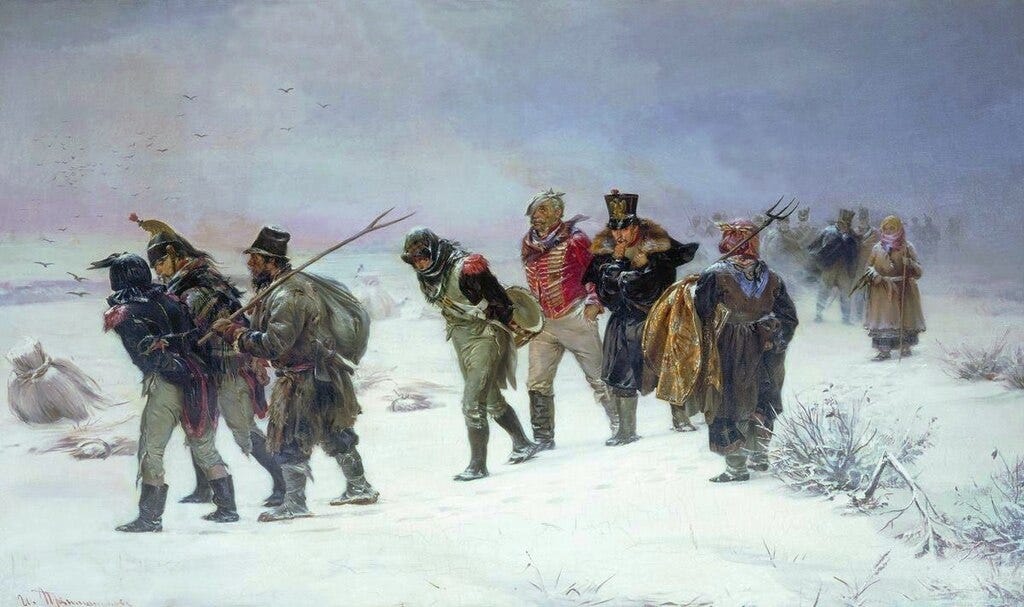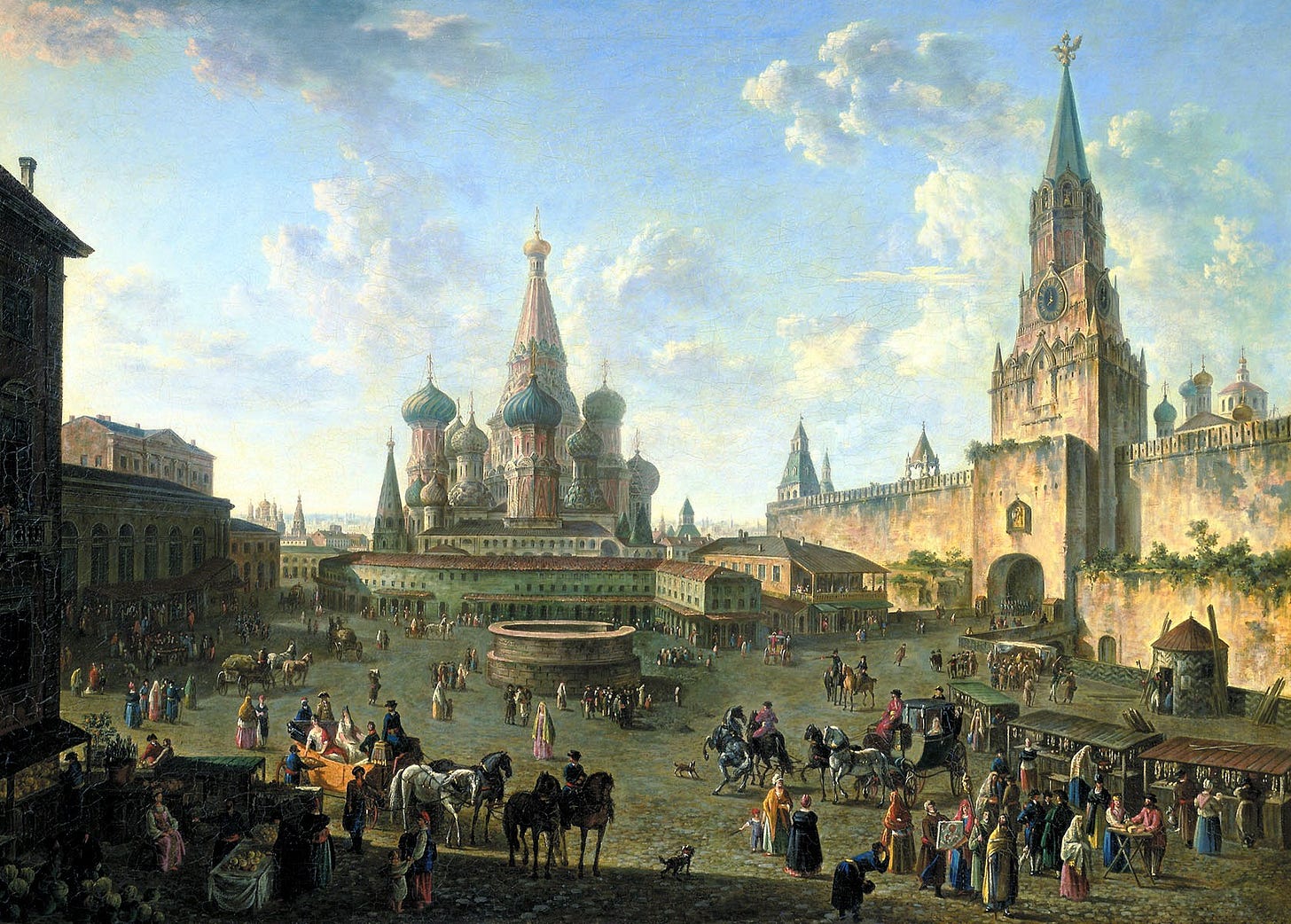How War and Peace Turns the Struggles of Life into a Theology of Love
The real war wasn’t fought with cannons or swords, it was the agony of becoming human through love, loss, forgiveness, and the brutal death of pride.
How War and Peace Turns the Struggles of Life into a Theology of Love
If you think War and Peace is a book about Napoleon, you're already missing the point. Yes, it has generals, battles, and military campaigns. But beneath the uniforms and cannons lies something more primal: the war for love. For meaning. For forgiveness. At its core, Tolstoy’s epic isn’t about armies, it’s about souls. And no one embodies that more than Prince Andrei, Pierre, and Natasha.
From the first time we meet Prince Andrei, he’s already halfway dead inside. He plays the part well; handsome, composed, and successful. He’s got the respect of the court and the eye of the Tsar. But that ambition conceals emptiness. His wife bores him. He dreams not of family, but of glory his own "Toulon moment" like Napoleon.
Just like Achilles, Andrei chooses war over home. And just like Achilles, he pays for it. His ideal dies on the battlefield at Austerlitz when he looks up at the infinite sky and realizes everything he lived for was meaningless. That moment—the sky, the quiet, the sudden humility—is not just a turning point. It’s a crucifixion of pride. He begins to die to self.
And yet, that wasn’t his final death. Andrei returns a changed man but not yet a whole one. When he sees Pierre again, he’s living like a hermit. Calm, detached, almost content in his resignation. He says he’s done with glory and lives for himself now but Tolstoy doesn’t let him get away with that.
The real pivot comes when Pierre challenges him not with arguments, but with presence. Like an angel sent to a man who saw heaven once and then forgot it. Pierre points to the same sky Andrei once stared into. That subtle echo, sky again, is no accident. It’s the moment Andrei begins his second death: not from vanity this time, but from isolation.
But Tolstoy isn’t done. He doesn’t let love come easily. Before Andrei can become a Christ-figure, he must face betrayal. His love with Natasha collapses after Anatole’s seduction. Andrei’s pride boils into hatred. At Borodino, we see a hardened man again. No mercy. No prisoners. But then, lying wounded beside Anatole, the very man who ruined his life, he breaks again. He weeps not just for himself, but for all men. He forgives. And in that moment, the Andrei who chased glory becomes the man who chooses love. He goes from Achilles to Christ.
If Andrei dies to pride, Pierre dies to alienation. From the beginning, Pierre is out of place. He’s rich, smart, and sincere but socially awkward and illegitimate. He’s obsessed with ideas, not people. He debates revolution at parties, admires Napoleon, and marries the most beautiful woman in the room (Helene) for all the wrong reasons. And like every man who confuses ideas with intimacy, he suffers. His marriage is cold. His soul is restless. His politics are pointless. What Pierre needs is not another philosophy, it’s communion.






